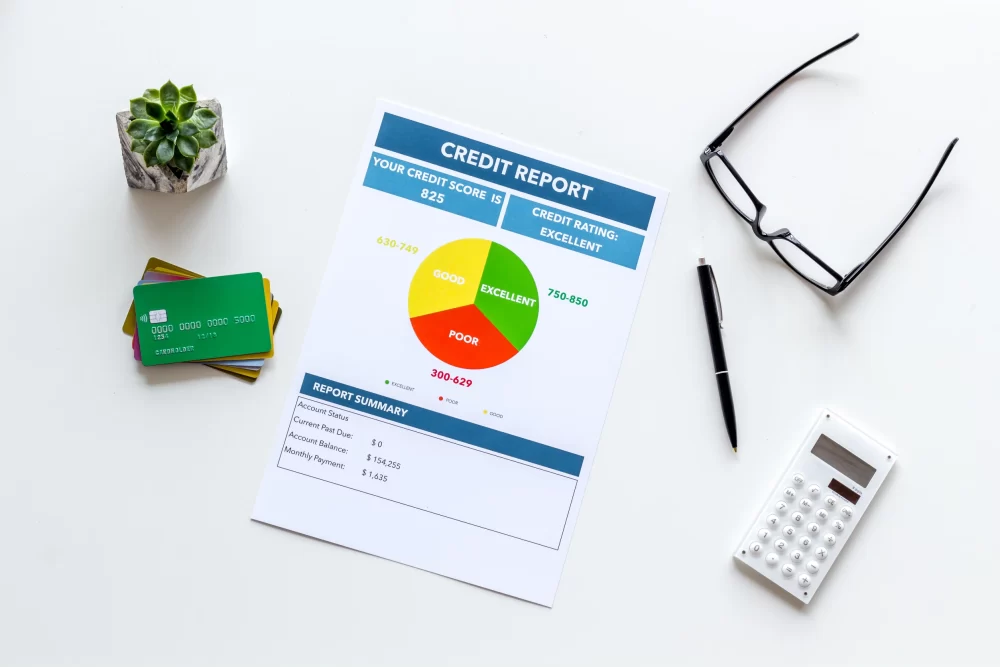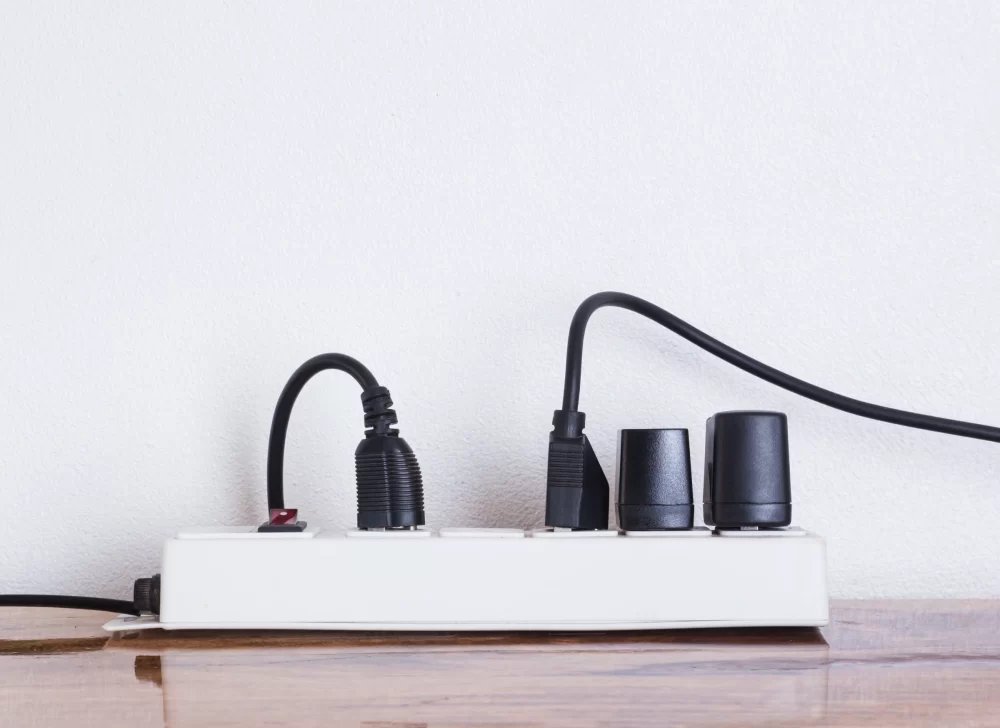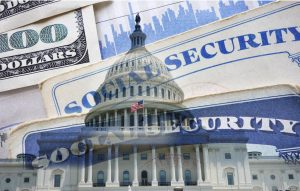It’s surprisingly easy to let seemingly minor expenses slip through the cracks of your budget, but over time, these can add up to significant financial drains. From under-the-radar subscription services to sneaky bank charges, many of us are shelling out cash on things that don’t necessarily add value to our lives. Let’s uncover some of the lesser-known and often overlooked expenses that could be silently siphoning your finances.
1. Specialty Subscription Boxes

Subscription boxes, ranging from gourmet snacks to skincare products, often lure consumers with the excitement of monthly surprises. While they start as a novel treat, these subscriptions can quickly become overlooked expenditures if the items are not consistently useful or enjoyable. Regularly assessing the value and relevance of these boxes to your lifestyle, and canceling those that no longer bring joy or utility, can eliminate these unnoticed drains on your finances.
2. Data Overages

Many people pay for more cellular data than they use, or incur extra charges for exceeding their plan’s limits. Monitoring your data usage can help adjust your plan to better match your actual usage, potentially saving you a hefty sum each month.
3. Premium Gasoline

Unless your vehicle’s manufacturer specifically recommends premium gasoline, filling up with regular is usually sufficient. The premium option costs more and may not provide any additional benefits for the average car, leading to unnecessary extra costs with each fill-up.
4. Designer Pet Products

The pet care industry is booming, and many pet owners unknowingly spend on premium-brand products, including food and accessories that their pets might not necessarily need. Comparing ingredients and materials can often reveal more cost-effective, equally good options that are less of a strain on your wallet.
5. Credit Report Services

Many consumers pay for monthly credit monitoring services. However, you’re entitled to a free credit report from each of the three major credit bureaus once a year through AnnualCreditReport.com. For more frequent monitoring, many credit cards and banks now offer these services for free as part of their package.
6. Pre-cut Produce

Buying pre-cut fruits and vegetables is convenient but can cost significantly more than their whole counterparts. Taking a few extra minutes to do your own chopping can save you money on every grocery trip.
7. Extended Digital Storage

With the increasing use of digital devices, many people pay for extended digital storage without checking if they really need that much space. Often, cleaning out old files or using free cloud storage services can reduce or eliminate this cost.
8. Unused Software Licenses

For those who use specialized software for work or hobbies, it’s common to continue paying for updates and licenses long after the software is no longer needed. Reviewing these expenses annually can cut out unnecessary costs.
9. Automatic Gratuities

In some restaurants and during special events, gratuities are automatically added to the bill, often unbeknownst to consumers who might add additional tips. Always review your bill for auto-added tips to avoid paying more than intended.
10. Energy Vampires

Many electronic devices continue to draw power even when turned off, known as “phantom charges.” Using smart power strips or unplugging devices when not in use can reduce your electricity bill.
11. Investment Fees

Hidden fees in your investment portfolio can eat into your returns. Many are unaware of the management fees charged by their funds. Checking into these fees and choosing low-cost index funds when appropriate can save you money in the long run.
12. Gourmet Cooking Ingredients

While experimenting with cooking can be a delightful hobby, purchasing rare or gourmet ingredients for a single recipe can be costly. Before investing in expensive spices or unique items, consider if they will be used regularly enough to justify the cost.
Scrutinize Your Spending Habits

Scrutinizing your spending habits may reveal surprising ways your money is being spent without your conscious decision. By identifying and eliminating these hidden expenses, you can free up more of your budget for saving or spending on things that truly matter to you. Take a moment to review your expenses and see where you can cut back. It’s your money—make sure it’s working for you, not just trickling away unnoticed!
Read the full article here









